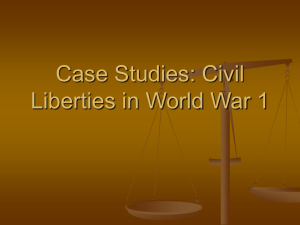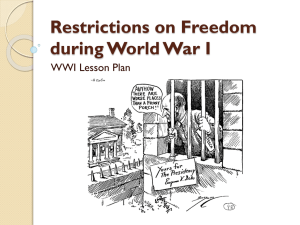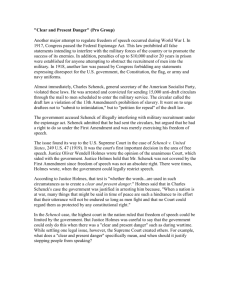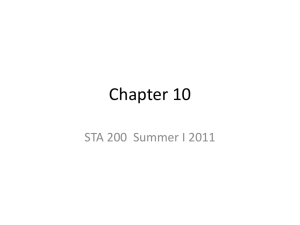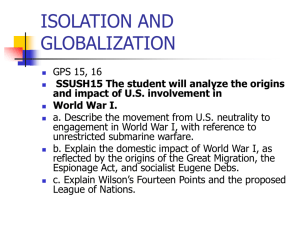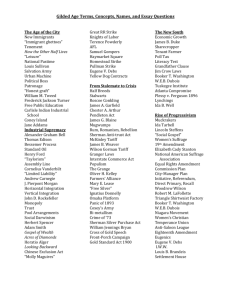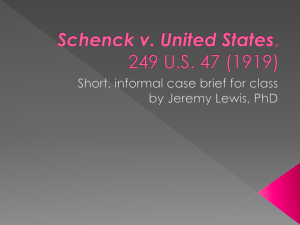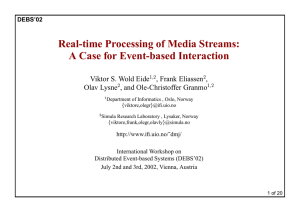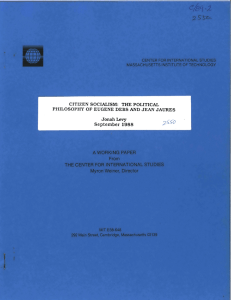3. Civil Liberties Cases- Results
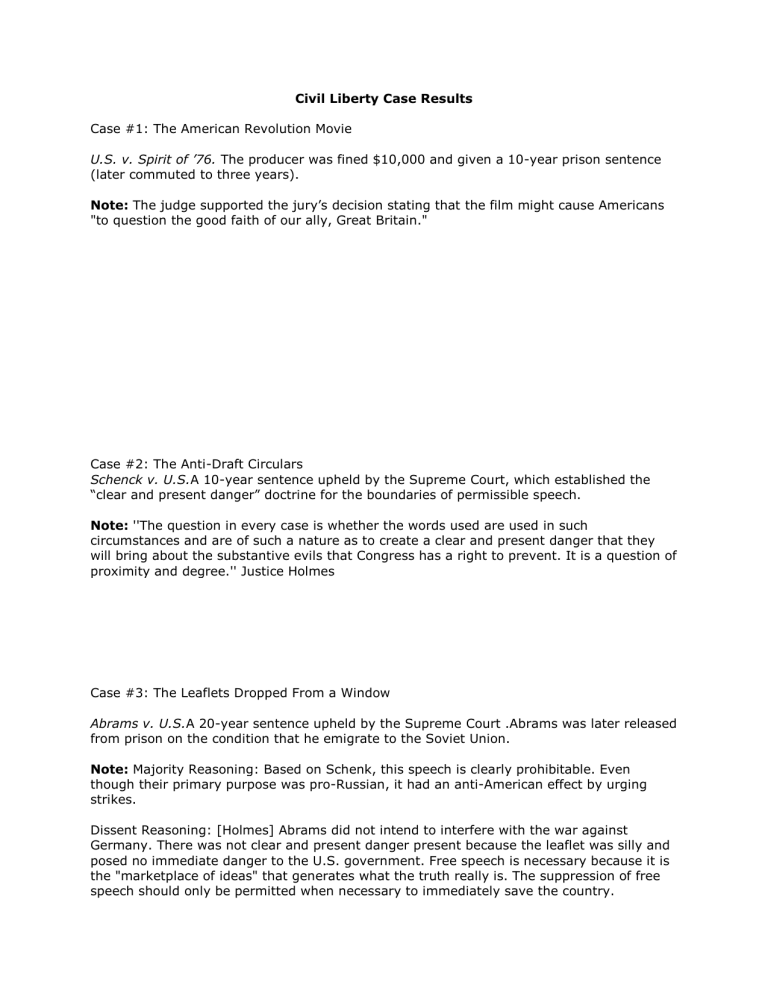
Civil Liberty Case Results
Case #1: The American Revolution Movie
U.S. v. Spirit of ’76. The producer was fined $10,000 and given a 10-year prison sentence
(later commuted to three years).
Note: The judge supported the jury’s decision stating that the film might cause Americans
"to question the good faith of our ally, Great Britain."
Case #2: The Anti-Draft Circulars
Schenck v. U.S.A 10-year sentence upheld by the Supreme Court, which established the
“clear and present danger” doctrine for the boundaries of permissible speech.
Note: ''The question in every case is whether the words used are used in such circumstances and are of such a nature as to create a clear and present danger that they will bring about the substantive evils that Congress has a right to prevent. It is a question of proximity and degree.'' Justice Holmes
Case #3: The Leaflets Dropped From a Window
Abrams v. U.S.A 20-year sentence upheld by the Supreme Court .Abrams was later released from prison on the condition that he emigrate to the Soviet Union.
Note: Majority Reasoning: Based on Schenk, this speech is clearly prohibitable. Even though their primary purpose was pro-Russian, it had an anti-American effect by urging strikes.
Dissent Reasoning: [Holmes] Abrams did not intend to interfere with the war against
Germany. There was not clear and present danger present because the leaflet was silly and posed no immediate danger to the U.S. government. Free speech is necessary because it is the "marketplace of ideas" that generates what the truth really is. The suppression of free speech should only be permitted when necessary to immediately save the country.
Case #4: The Anti-Draft Speech
U.S. v. Debs 10-year sentence commuted by President Harding in 1921.
Note: Debs told his listeners: "Wars throughout history have been waged for conquest and plunder.... And that is war, in a nutshell. The master class has always declared the wars; the subject class has always fought the battles." The judge who sentenced Debs said "who would strike the sword from the hand of this nation while she is engaged in defending herself against a foreign and brutal power."
In court, Debs refused to call any witnesses, declaring: "I have been accused of obstructing the war. I admit it. I abhor war. I would oppose war if I stood alone." Before sentencing,
Debs spoke to judge and jury, "While there is a lower class, I am in it. While there is a criminal element, I am of it. While there is a soul in prison, I am not free."
Justice Holmes, speaking for a unanimous Supreme Court, upheld the verdict, on the ground that Debs's speech was intended to obstruct military recruiting. When the war was over, Pres. Wilson rejected the Attorney General's recommendation that Debs be released, even though he was sixty-five and in poor health. Debs was in prison for thirty-two months.
Finally, in 1921, the Republican Warren Harding ordered him freed.
